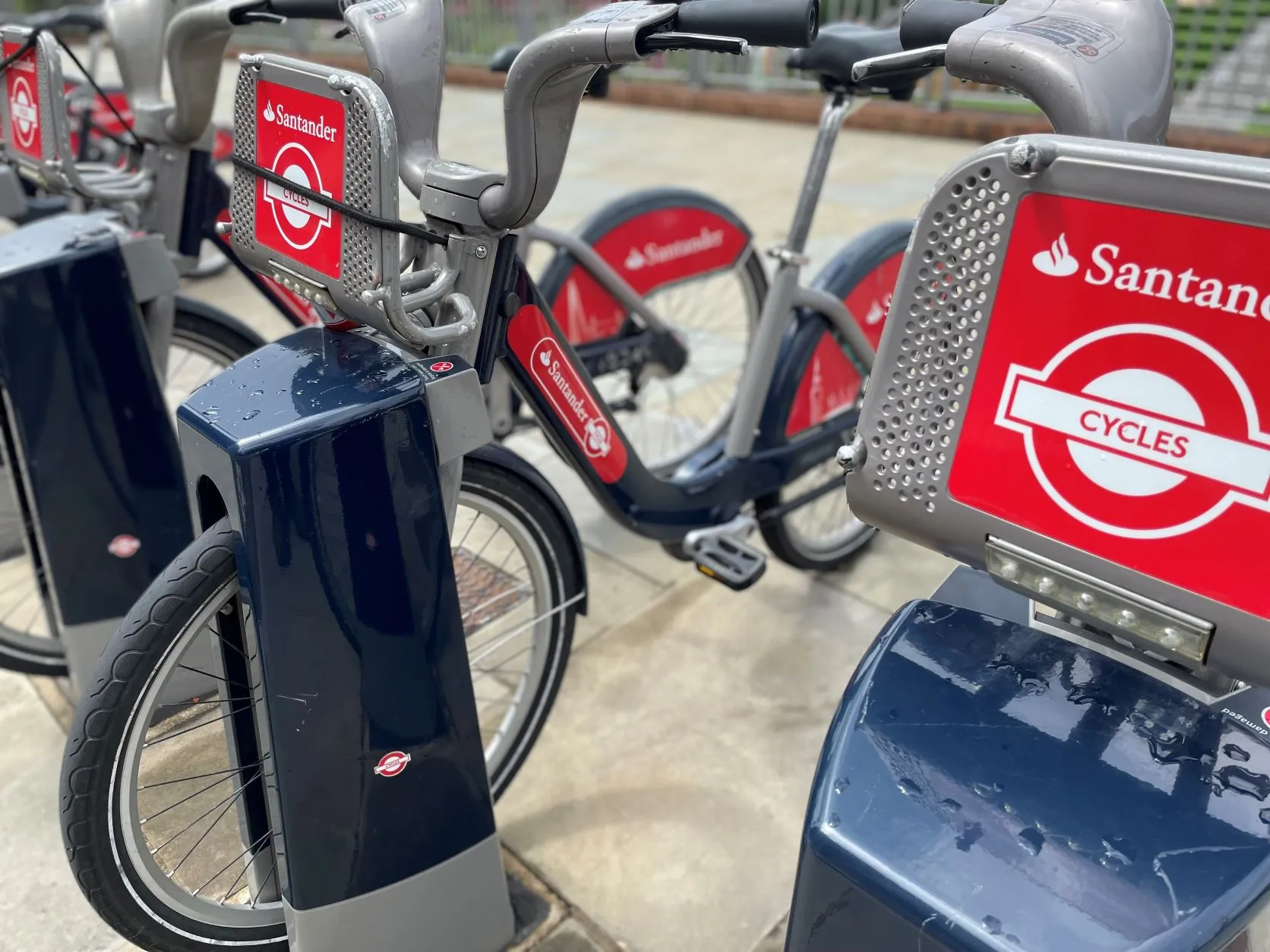A new study into London’s lane rental scheme shows that since its introduction the amount of serious and severe disruption caused by planned roadworks has been cut by 46 per cent on the capital’s busiest roads, reducing delays for all road users.
The scheme, which came into effect in June 2012 on the busiest parts of London’s road network, is designed to encourage utility companies to avoid digging up the busiest roads at peak traffic times. Following the introduction of the scheme, around 90 per cent of
April 11, 2014
Read time: 2 mins
A new study into London’s lane rental scheme shows that since its introduction the amount of serious and severe disruption caused by planned roadworks has been cut by 46 per cent on the capital’s busiest roads, reducing delays for all road users.
The scheme, which came into effect in June 2012 on the busiest parts of London’s road network, is designed to encourage utility companies to avoid digging up the busiest roads at peak traffic times. Following the introduction of the scheme, around 90 per cent of utility works and 99 per cent of works carried out by1466 Transport for London (TfL) in the lane rental areas have avoided disrupting these busy roads at peak times.
All surplus money raised through the lane rental scheme is reinvested into measures to further reduce the disruption, including: automatic roadwork monitoring cameras, allowing TfL to better determine whether work is taking place on worksites; automatic number plate recognition cameras and automatic traffic counters to capture the effects of a scheme to ensure that it continues to reduce disruption; further investigation into innovative ways of reducing disruption.
Isabel Dedring, Deputy Mayor for Transport, said: “We are delighted by the success of this scheme - which was both a First for London and the UK when it was introduced by the Mayor in 2012. It has already saved Londoners thousands of hours spent stuck in traffic and is set to save them many thousands more.”
Alan Bristow, Director of Road Space Management at TfL, said: “The introduction of the UK’s First lane rental scheme in London has already delivered significant benefits across the capital. By using this scheme to help fund more innovation and world-leading technologies, we can continue to reduce disruption and keep all road users on London’s road network moving.”
The scheme, which came into effect in June 2012 on the busiest parts of London’s road network, is designed to encourage utility companies to avoid digging up the busiest roads at peak traffic times. Following the introduction of the scheme, around 90 per cent of utility works and 99 per cent of works carried out by
All surplus money raised through the lane rental scheme is reinvested into measures to further reduce the disruption, including: automatic roadwork monitoring cameras, allowing TfL to better determine whether work is taking place on worksites; automatic number plate recognition cameras and automatic traffic counters to capture the effects of a scheme to ensure that it continues to reduce disruption; further investigation into innovative ways of reducing disruption.
Isabel Dedring, Deputy Mayor for Transport, said: “We are delighted by the success of this scheme - which was both a First for London and the UK when it was introduced by the Mayor in 2012. It has already saved Londoners thousands of hours spent stuck in traffic and is set to save them many thousands more.”
Alan Bristow, Director of Road Space Management at TfL, said: “The introduction of the UK’s First lane rental scheme in London has already delivered significant benefits across the capital. By using this scheme to help fund more innovation and world-leading technologies, we can continue to reduce disruption and keep all road users on London’s road network moving.”










